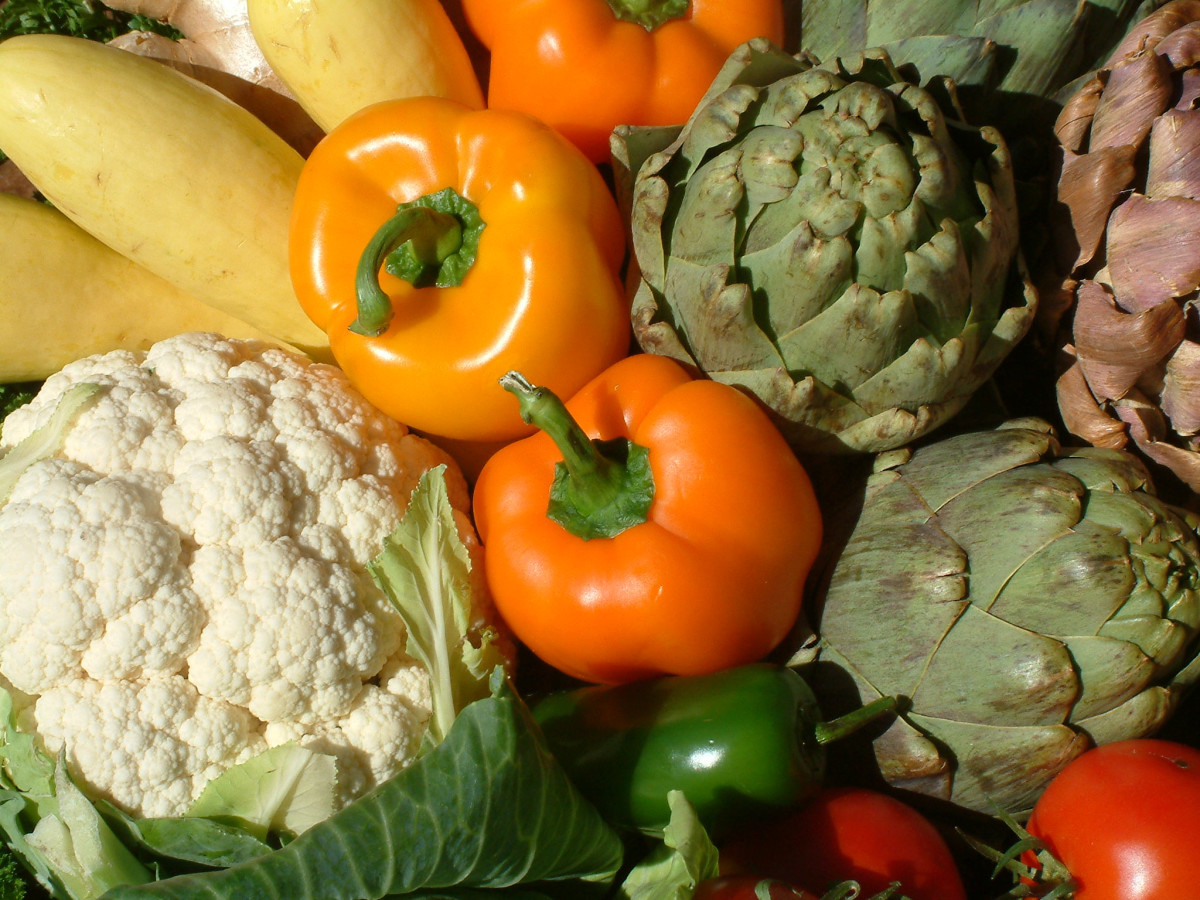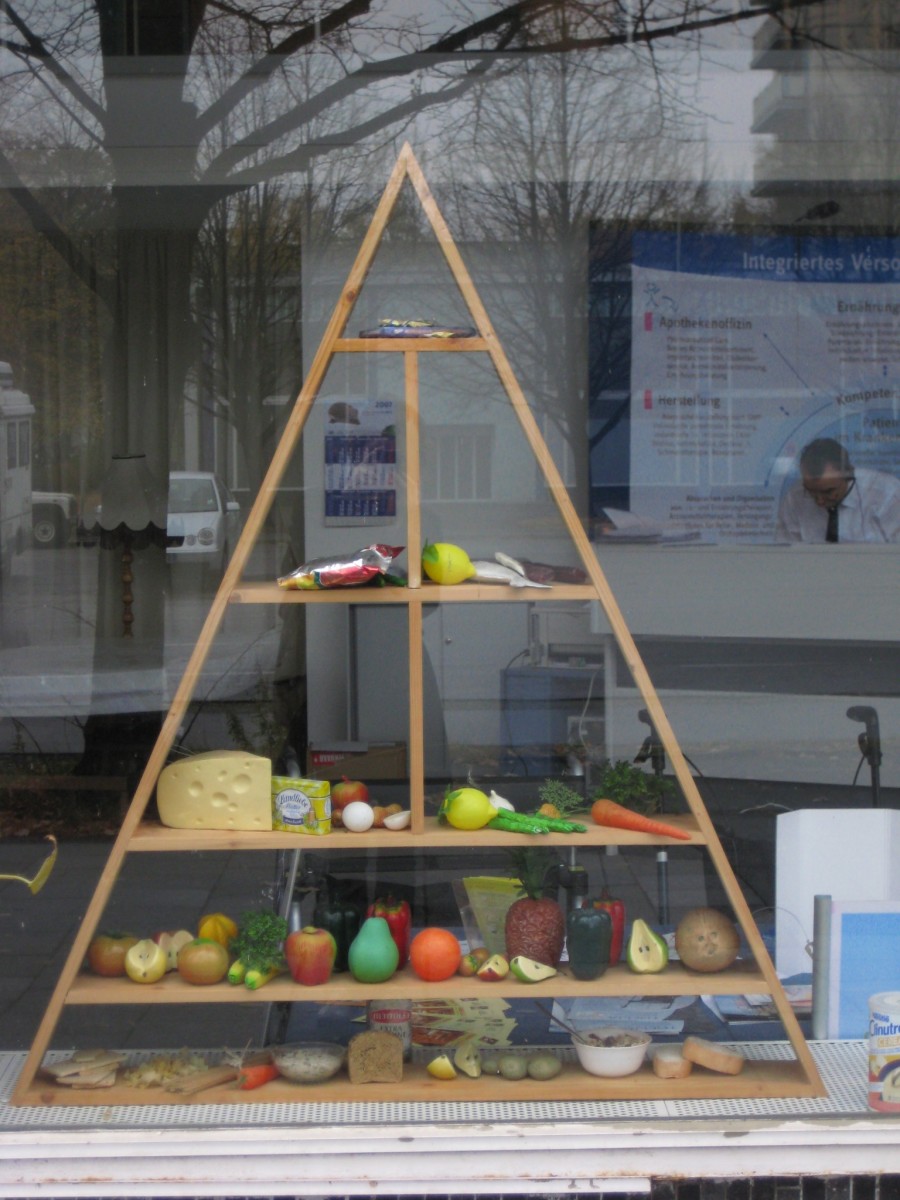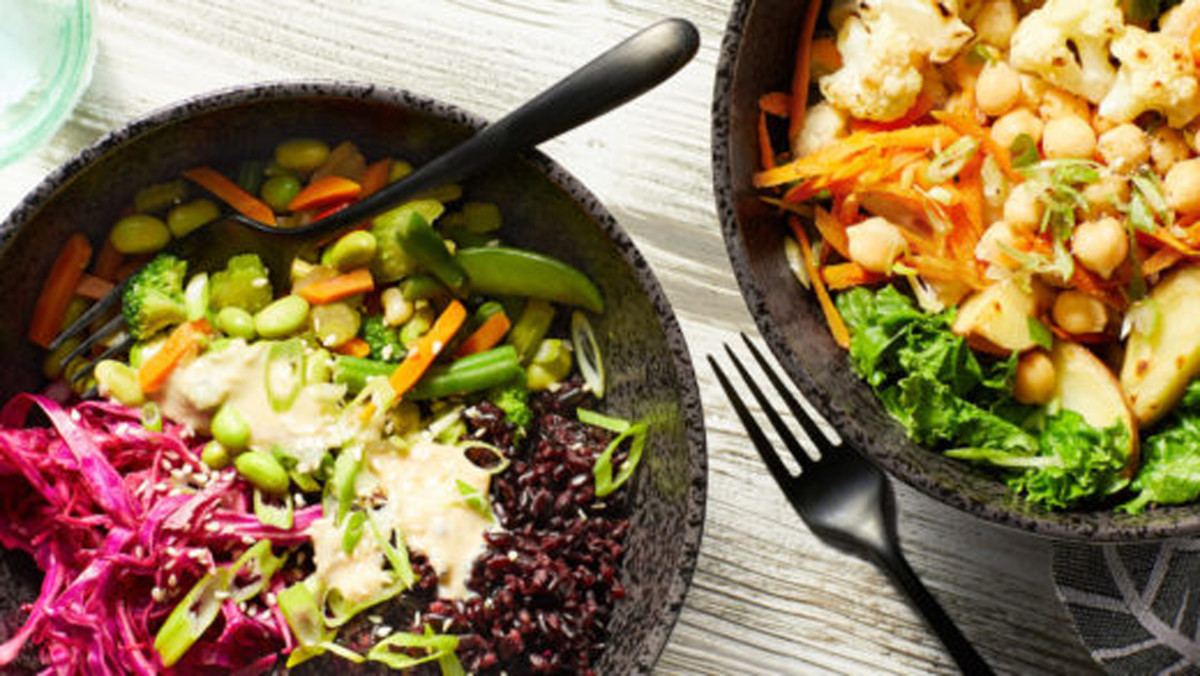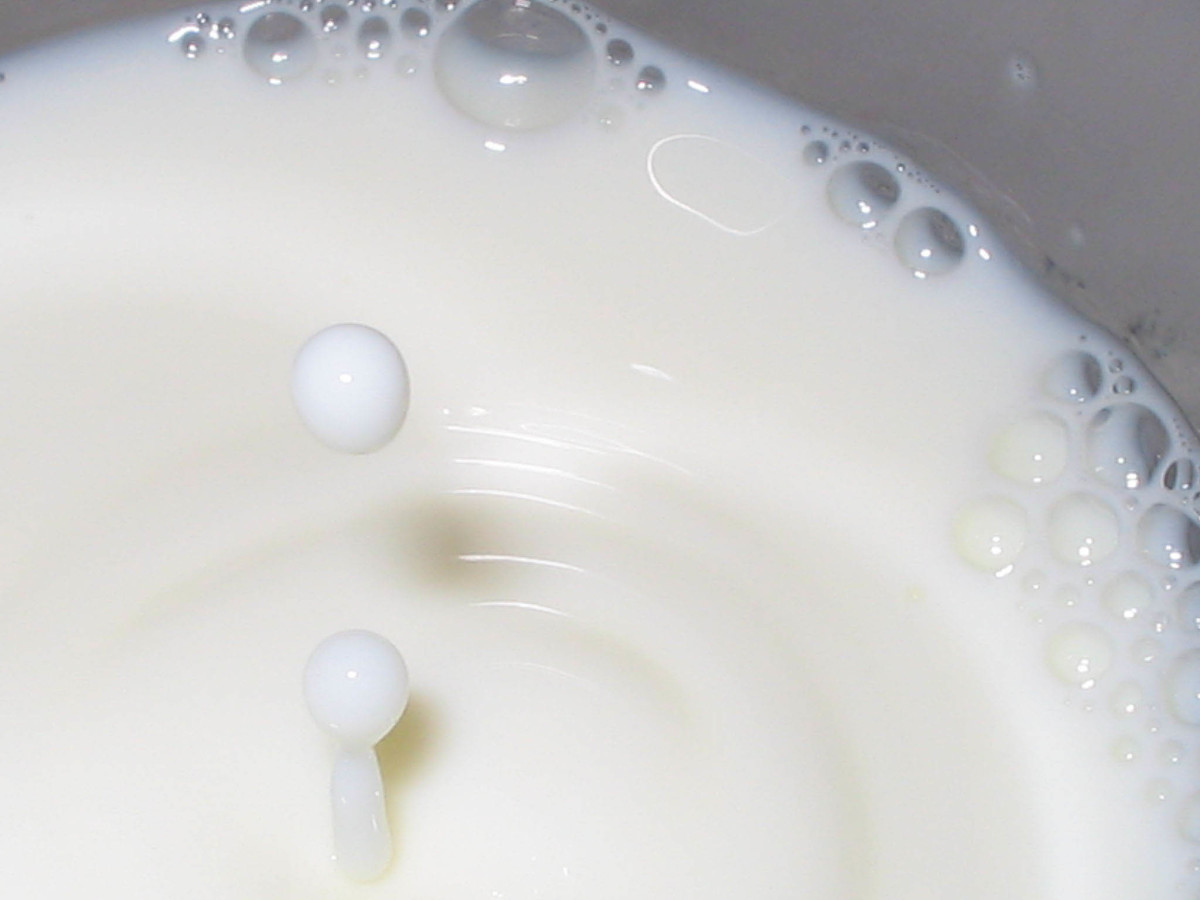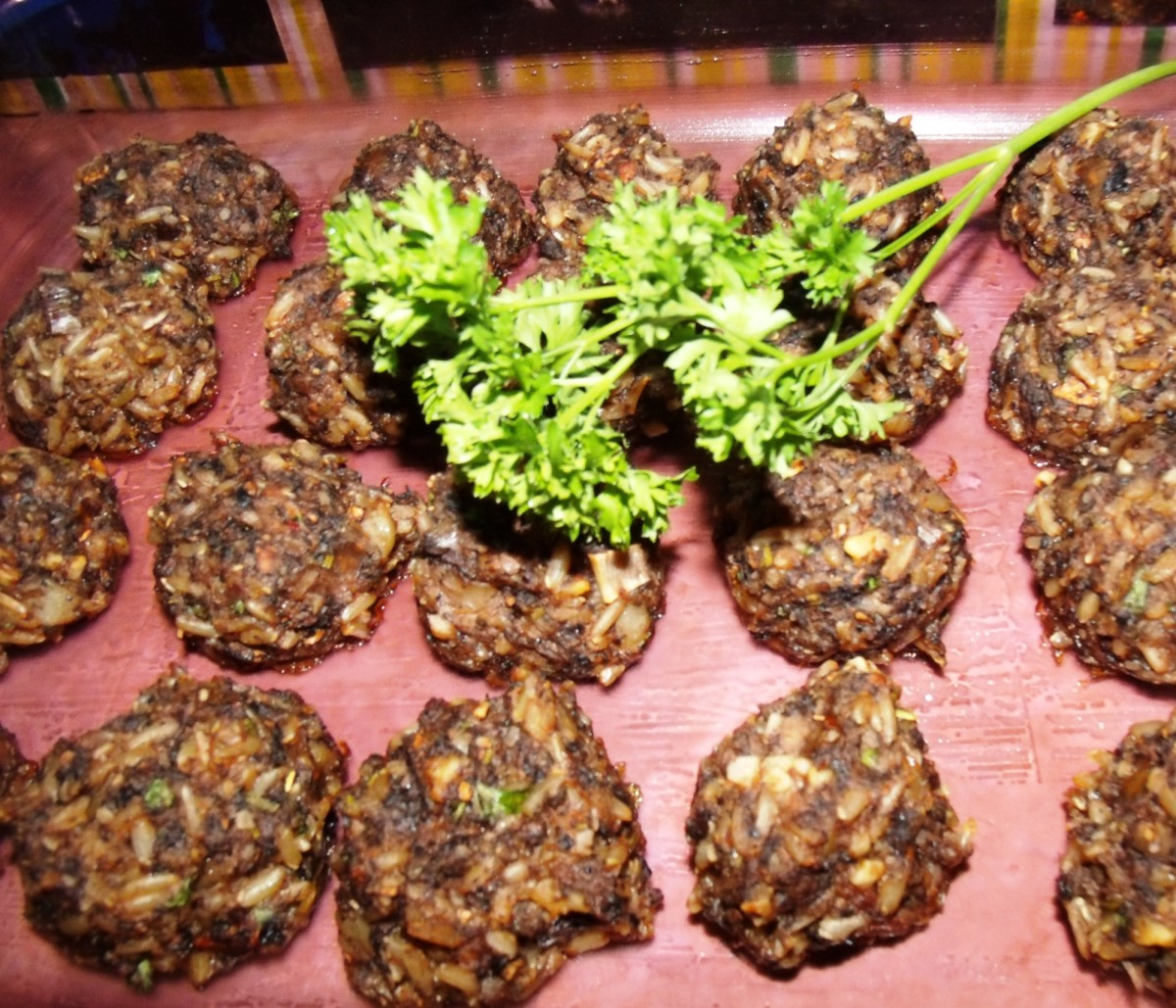Benefits of Becoming a Vegetarian

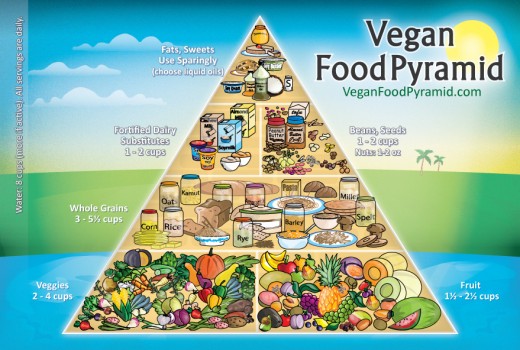
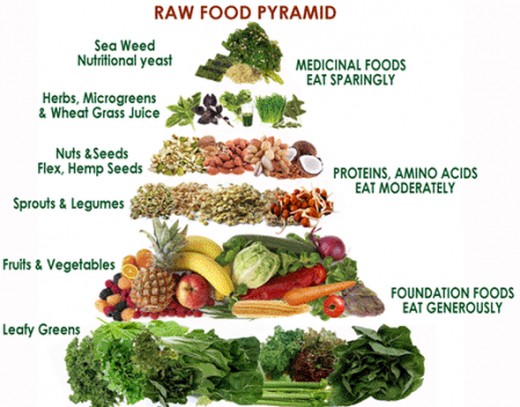
In March of 2012 the Department of Health was urged to change the nutritional guidelines with respect to the suggested amount of meat consumption. Recent studies uncovered that eating half of the Department of Health’s recommended amount of meat can significantly increase the risk of dying early from cancer and heart disease. Ingesting even small quantities of meat on a daily basis can increase the average person’s chances of dying early by a one-fifth while eating a full steak increases the risk by twelve percent (Smith). The study performed by the Harvard School of Medicine found that cutting the amount of meat in one’s diet can prevent one in ten early deaths in men and one in thirteen early deaths in women. Replacing red meat with vegetables and whole grains significantly reduces the risk of dying an early death (Smith). Meat eaters should convert to a vegetarian style diet because a vegetarian diet promotes overall superior health benefits and vegetarians are less likely to contract certain diseases that can result in an early death.
In a general sense a vegetarian is a person who does not eat any type of meat, poultry, or fish ("Vegetarian Diet"). The truth is that several different types of vegetarian diets exist, some even allow for the eating of meat. The lacto-ovo vegetarian diet allows for dairy products such as milk, yogurt, cheese, and eggs, but not for meat, poultry, or seafood. The lacto-vegetarians will eat milk products, but not any eggs, meat, poultry, or seafood. A vegan style diet is a traditional vegetarian diet; however, vegans do not eat dairy products or any type of food that comes from an animal in any way. A vegan diet does not include any product that comes from an animal; milk, eggs, honey, or gelatin. A semi-vegetarian diet allows people to eat meat products infrequently for special occasions. The final vegetarian style diet is the pescetarian diet; this diet is a lacto-ovo vegetarian diet that allows for fish (WebMD). This diet is considered an off branch of the semi-vegetarian diet because it does allow for fish, but at the same time it does not allow people to eat any type of meat other than fish, which means no red meat or poultry (McGrath).
Vegetarians are statistically less likely to contract certain chronic diseases and conditions as opposed to meat eaters. The risk of developing type 2 diabetes, heart disease, cancer, and obesity can all be reduced with a healthy vegetarian diet. Healthy vegetarians are at a lower risk for certain diseases because a vegetarian diet lacks the quantities of saturated fat, cholesterol, and calories that are a major component in a meat diet (Hart 64).
Additionally the risk of developing type 2 diabetes can be significantly lowered with a vegetarian diet. A study conducted with 8,401 cohort members of the Adventist Morality Study and the Adventist Health Study who did not have diabetes; the study participants were followed for seventeen years. At the end of the study researchers concluded that people who eat meat are twenty-nine percent more likely to develop type 2 diabetes than vegetarians who ate no meat. The study also revealed that people who eat meat weekly had a seventy-four percent chance of contracting type 2 diabetes. The researchers were able to conclusively determine that weekly meat intake was an important risk factor for type 2 diabetes (Hart 65).
The American Heart Association advocates that a vegetarian diet will lower the risk of heart disease. According to the American Heart Association fruits and vegetables have smaller amounts of saturated fat and cholesterol, which can reduce the risk of developing heart disease. A study was conducted on 84,251 women and 42,148 men to research to research the correlation between a person’s diet and their chances of contracting heart disease. The outcome of the study showed that a vegetarian diet reduces the risk of death by heart disease by twenty-four percent. The study also found that the risk of heart disease was thirty-seven percent less for vegetarians who would eat nuts at least four times per week. A vegetarian diet that includes nuts has also proven to postpone the onset of heart disease by several years (Hart 65).
A vegetarian diet can also reduce the risks of esophagus, lung, stomach, breast, and colorectum cancer. “The diet is the one of the most important modifiable risk factor for cancer second only to smoking” (Phillips 156). Riboli and Norat performed a case-control study in 2003 on the correlation between a vegetarian diet and a reduced risk of cancer. The study showed a significant reduction in the risk of contracting esophagus, lung, stomach, breast, and colorectum cancer when a person followed a vegetarian diet. The reduced risk for vegetarians comes about because a vegetarian consumes more fruit and vegetables than a non-vegetarian. Riboli and Norat concluded that a diet based heavily on plant-derived foods is proven to reduce the risk of esophagus, lung, stomach, breast, and colorectum cancer (Phillips 156-157).
Studies have shown that vegetarians and vegans typically weigh less and have a lower body-mass index compared to non-vegetarians. Studies have recently been conducted on the contribution of obesity to heart disease, diabetes, and certain types of cancer. The study found that a vegetarian diet that includes less than ten percent calories from fat can be compared to the effects of an Atkins, Zone, and/or Weight Watchers diet. Participants in the study who followed a low-fat vegetarian diet for a full year experienced an average weight loss of about seven to eight pounds (Hart 65-66).
When non-vegetarian switch from eating animal foods to a plant based diet, they gain nearly a decade of extra life. One of the largest studies on vegetarians to date was on how a plant-based diet influences the human lifespan. The study proved that there is a direct correlation between a vegetarian diet and a longer lifespan. A vegetarian or vegan can live an average of eight years longer than a non-vegetarian because, according to Dr. Michael Greger, a plant based diet can play a role in preventing, treating, and reversing many of the top killers in the United States. In the United States, heart disease is the leading cause of death and yet, Dr. Dean Ornish has shown that heart disease can be not only stopped, but also reversed with a vegan diet. Since Dr. Ornish’s discovery thousands of people have died unnecessary deaths from heart disease. Another leading killer in the United States, Alzheimer's disease, causes an elderly person to experience a form of dementia. The risk of contracting Alzheimer’s disease can be reduced by thirty-five percent with a vegetarian diet. New research shows that Alzheimer’s disease can be treated using natural plant products such as the spice saffron. Kidney failure kills an average of twelve thousand people per year, yet the risk of kidney failure can also be lowered. Harvard researchers found that the three main risk factors for developing kidney failure are animal protein, animal fat, and cholesterol. These are all ingredients found in meat that could be easily eliminated from ones diet. The tenth leading cause for death in America, suicide, can also be reduced with a diet change. Cross-sectional studies have proven that the moods of those on a plant-based diet were superior to those on a meat-based diet. The study concluded that when all meat, poultry, fish, and eggs were removed from a meat eater’s diet that the meat eater would experience a significant improvement in mood scores within two weeks. A vegetarian or a vegan can live much longer than a non-vegetarian because a vegetarian is less likely to contract and subsequently die from many of the leading causes of early death in the United States (Freston).
A meat eater does face risks when switching to a vegetarian or vegan diet; certain vitamins and minerals are only found in animal made foods. Vitamin B-12 is only found in meat and dairy products. Most vegetarians do not have any problems with a B-12 deficiency as a vegetarian diet allows for dairy products. A vegan however does not eat any dairy products; because of this a vegan needs to take a B-12 supplement or they will suffer from a B-12 deficiency later in life. Vegans and vegetarians find themselves lacking vitamin D because there are very few plant-based food items that naturally have vitamin D. A vegetarian or vegan, however, can drink vitamin D fortified soy milk or take a vitamin D supplement pill. Iron deficiency can also be a problem; while there are some products that are iron fortified, many vegans and vegetarians end up needing to either take an iron tablet or a multivitamin that contains iron. A vegetarian diet does lack many of the vitamins that come from meat, however, certain supplements can provide the same vitamins that come from meat and animal based products ("Being a Vegetarian").
Non-vegetarians and vegans should convert to a vegetarian or vegan diet. There are many health benefits that vegetarians and vegans gain due to their diet of choice. The risk of a vegetarian developing diabetes, heart disease, cancer, and/or obesity is significantly less than that of a meat eater. Vegetarians and vegans can look forward to a longer life than a non-vegetarian due to their healthier diet which can prevent many of the leading causes of death in America. Vegetarians and vegans live longer and healthier lives than non-vegetarians.
Work Cited
Freston, Kathy. "Why Do Vegetarians Live Longer?" The Huffington Post.
TheHuffingtonPost.com, 26 Oct. 2012. Web. 09 Nov. 2012. <http://www.huffingtonpost.com/kathy-freston/plant-based-diet_b_1981838.html>.
Hart, Jane. "The Health Benefits Of A Vegetarian Diet." Alternative & Complementary
Therapies 15.2 (2009): 64-68. Academic Search Complete. CINAHL. Web. 6 November
2012.
O'Meara, Sarah. "Vegetarians May Live Longer Than Meat Eaters, Study Results
Suggest." The Huffington Post. AOL, 16 Oct. 2012. Web. 09 Nov. 2012.
<http://www.huffingtonpost.co.uk/2012/10/16/health-vegetarians-may-live-
longer_n_1969415.html>.
McGrath, Sara. "The Pescetarian Diet." Nutrition. Suite101.com, 7 Jan. 2009. Web. 27 Nov.
2012. <http://suite101.com/article/pescetarian-eating-a88743>.
Phillips, F. "Vegetarian Nutrition." Nutrition Bulletin 30.2 (2005): 132-167. Academic Search
Complete. CINAHL. Web. 6 November 2012.
Smith, Rebecca. "Red Meat Is Blamed for One in 10 Early Deaths." The Telegraph. Telegraph
Media Group, 12 Mar. 2012. Web. 25 Nov. 2012.
<http://www.telegraph.co.uk/health/healthnews/9138230/Red-meat-is-blamed-for-one-in-
10-early-deaths.html>.
"Being a Vegetarian." Health Education. Brown University, n.d. Web. 29 Nov. 2012. <http://brown.edu/Student_Services/Health_Services/Health_Education/nutrition_&_eating_concerns/being_a_vegetarian.php>.
"Vegetarian Diets-What Is a Vegetarian?" WebMD. WebMD, 4 Feb. 2011. Web. 09 Nov. 2012.
<http://www.webmd.com/food-recipes/tc/vegetarian-diets-what-is-a-vegetarian>.
"Vegetarian Diet." CRS - Adult Health Advisor (2012): 1. Health Source - Consumer Edition.
Web. 3 Dec. 2012.
Related Hubs
- Restaurants that serve Vegetarian friendly food in the Boynton Beach area
A list and description of Restaurants that serve Vegetarian friendly food in Boynton Beach FL. - Crockpot Cooking: Vegetarian and Vegan Recipes
Something for everyone can be found on Crockpot Cooking: Vegetarian and Vegan Recipes because vegetables are not only for vegans and vegetarians, but for meat lovers too. Cooking vegetables in a crockpot can be quick, easy, and simple. For... - Do Vegetarians Live Longer? The Effects of Diet on Longevity
An article exploring the connection between longevity and diet with a focus on answering the question "do vegetarians live longer?" - Vegan and Vegetarian Differences
The contrast between a Vegan diet and the different types of Vegetarian diets are explained in in this article. The health benefits of both diets and potential problems are also covered.


